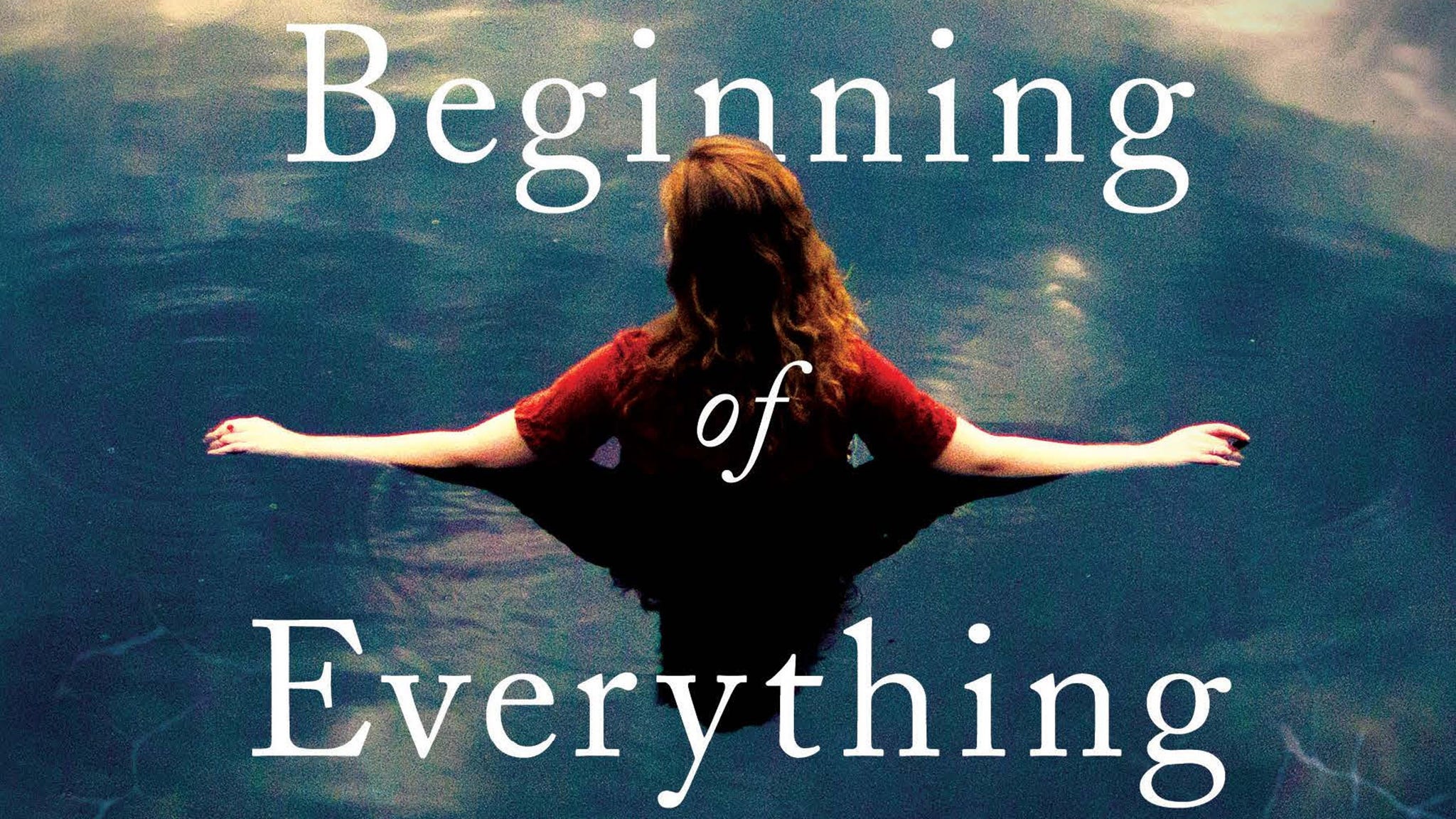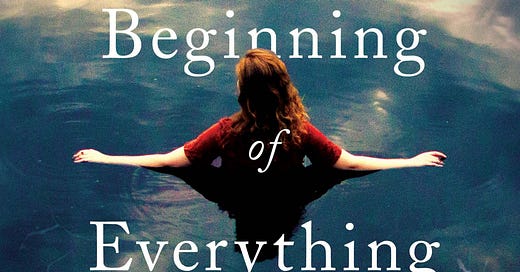How One Writer Overcame a Brain Injury and Wrote an Award-Winning Memoir
Narratively contributor Andrea J. Buchanan on memoir, recovery, and the future.

In July, New York Times bestselling author Andrea J. Buchanan published the article “The Maid Who Mapped the Heavens” at Narratively, which tells the story of Williminia Paton Flemming, a maid who became a groundbreaking astronomer.
This was not Buchanan’s first foray into literary science writing. Her memoir The Beginning of Everything: How I Lost My Mind and Found Myself is a 2019 PEN/E.O. Wilson Literary Science Writing Award finalist. Like Flemming, Buchanan had to overcome obstacles, in her case while recovering from a brain injury. We chatted with Buchanan about her recovery, her approach to memoir writing, and what’s in store for her in the future.
Keep reading with a 7-day free trial
Subscribe to Narratively to keep reading this post and get 7 days of free access to the full post archives.




